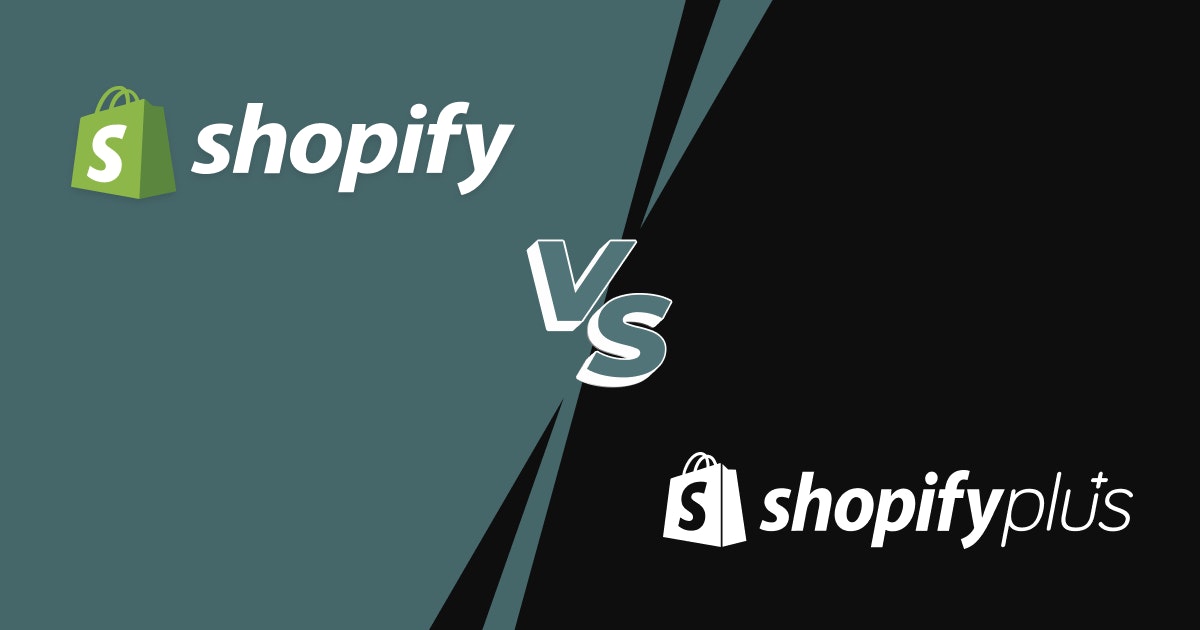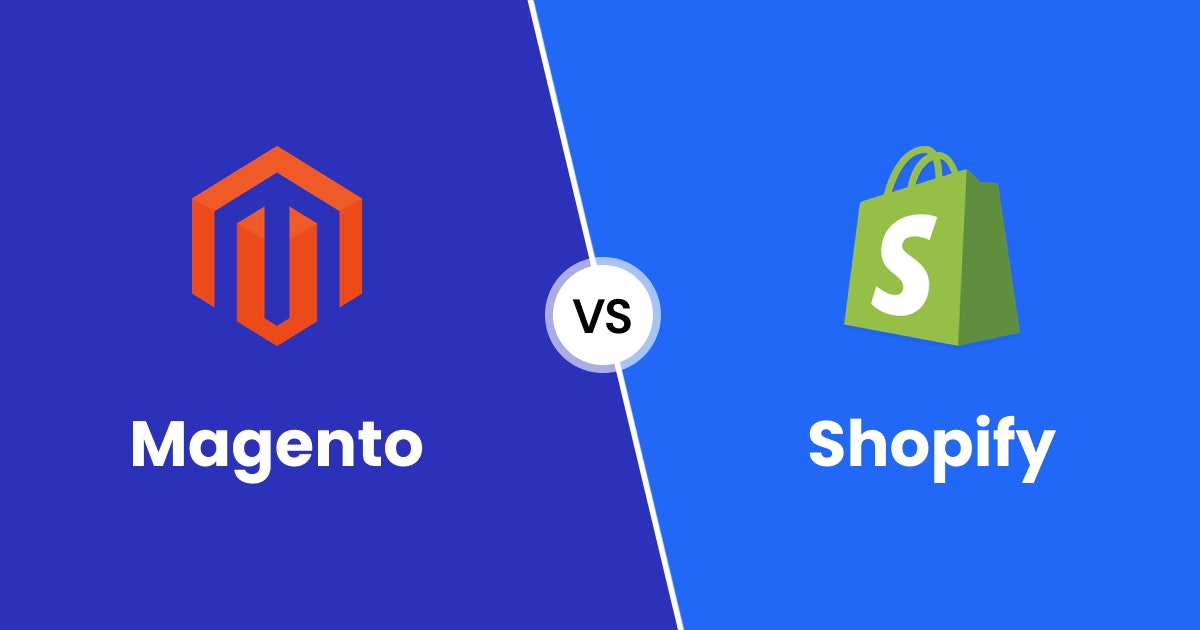The eCommerce industry is constantly evolving, and this year is no different. The pandemic has accelerated how merchants create and optimize their eCommerce businesses to meet consumer demands, starting with the experience the storefront offers.
If we look at the top eCommerce trends, you will be amazed to see that going forward, there will be a growing volume of voice search, AR will enhance the reality of online shopping, and on-site personalization via big data to create individualized experiences will become the norm.
In addition, sustainability is becoming more critical, with businesses having to modify how "green" they represent themselves for the sake of the environment. Digital strategies are transforming as well.
It is indeed an excellent time to be a part of the eCommerce ecosystem. The global eCommerce market is expected to grow at a CAGR of 14.7% from 2020 to 2027 and generate $7.3 billion in total revenues by 2025. Those are some impressive figures!
Owing to the popularity of online shopping, several eCommerce development platforms help create functional and visually appealing websites while ensuring that transactions are secure and the customer experience sublime.
Simply put, eCommerce development refers to the process that allows businesses to create and manage an online store. It enables them to deliver an engaging and convenient shopping experience to customers.
An introduction to swift and reliable Shopify
Among the many eCommerce platforms out there, Shopify is widely praised and loved. You can build an online Shopify store to allow your customers to browse through and purchase products or services through your website with ease on the platform.
Shopify is an industry leader in eCommerce development. The platform is famous for advanced features such as multi-channel sales, well-designed themes, and superior customer support.
It offers everything, from custom branding options to secure payment options, while being affordable. Shopify provides various pricing plans tailored to fit the needs of businesses of all sizes. Currently, 427,676 websites use Shopify.
How does Shopify work?
Shopify is a "hosted" solution, which means it runs your eCommerce business on its servers, and you do not have to worry about purchasing your web hosting or deploying any on-premise software. You pay a monthly subscription fee to use the servers. As long as you have the internet and a web browser like Google Chrome, you can run your store anywhere.
Features of Shopify
If you are a new online business working its way around, you want an eCommerce business that is hassle-free and convenient to manage. Shopify offers a range of features:
1. Multi-currency selling
Shopify Payments, Shopify's very own payment processing arm, allows you to collect payments without any fee. It automatically adjusts the currency displayed against your products to match the customer's location.
The amended prices adjust based on current exchange rates for their supported currencies allowing you to sell internationally.
2. Abandoned cart recovery
Cart abandonment is a nuisance for eCommerce stores. Still, it is a reality you cannot shake off that easily! Shopify empowers you to automate abandoned cart recovery through email to convince customers to buy things they left in their respective shopping carts.
Research proves that abandoned cart emails can recover up to 1/4th of the otherwise lost sales — vital revenues regained for a small business.
3. Multi-channel integration
This allows you to sell on marketplaces and social media. It helps improve conversions as the customer experience improves when you make your eCommerce storefront available in many different places — be it Facebook and Instagram, social media, or Amazon and eBay.
4. Extensive theme library
You get to access over 1,300 Shopify themes and templates and convert them into various languages. For instance, if you want to set up an eCommerce store catering to a specific country, you can do so in their native tongue. Top languages include Spanish, German, French, English, Japanese, and Italian.
5. Basic yet handy customization
You can fundamentally personalize your eCommerce store using Shopify's editor. Once you have uploaded your products, you can decide how you would like to display them and divide them into category pages accordingly.
6. Dedicated analytics dashboard
Get an overview of how well your online store is performing. Get custom reports to analyze your monthly sales and put forecasting plans into action. You can even benefit from a live view — displaying minute-by-minute data.
Pros and cons of Shopify
Depending on where you are in your growth journey, you will look at Shopify differently. Here are the advantages and disadvantages of using Shopify:
Pricing of Shopify
In its three core pricing plans, Shopify offers essential features like multi-channel integration and abandoned cart recovery. You can avail of the Basic Shopify plan at a monthly rate of $29; Standard Plan is available at $99 per month, and Advanced plan at $299 for a month.
Each plan has a few different services, so you must pick one best suits your business requirements. These flat-rate plans can be canceled anytime, allowing you more flexibility in managing your cash flow.
Top eCommerce Development Services
Explore servicesAn introduction to highly advanced Shopify Plus
Even the smallest of businesses can benefit from Shopify's flat-rate plans, including dropshipping, built-in shipping labels, and marketing tools. However, as your online store expands, its requirements will increase to match the fast-tracked sales.
That is where Shopify Plus comes in. As the name suggests, Shopify Plus is the advanced version of Shopify. It offers enterprise-level features for eCommerce storefronts that operate on a large scale, but Shopify Plus also accommodates lesser orders.
With an operational boost comes the need to have the technology to support that journey. You must plan to customize the user experiences as your brand gains higher visibility in the market. Simply upgrading to Shopify Plus will help you fulfill your business' growing needs.
How does Shopify Plus work?
Obviously, it offers more features than the standard Shopify program. Though you will be using the same dashboard and support center, Shopify Plus takes you a step further in terms of precision and automation.
For example, you can use a shipping script to configure rates with greater precision and get free or reduced-rate fulfilment. Depending on customer tags, cart contents, or even minimum order value, you can work around your shipping options.
Shopify Plus takes your business to the next level by giving you more control and customization options. On the other hand, Shopify is more suitable for companies with smaller orders.
12 Payment Gateways To Use For Your Shopify Storefront
Explore NowFeatures of Shopify Plus
Shopify Plus provides you with all features of Shopify. However, there are some additional features that your eCommerce store will love using. Check them out:
1. Personalized support
Instead of just receiving support via phone, email, or live chat, you can get personalized and dedicated help from a Launch Engineer and an ongoing Merchant Success manager with Shopify Plus. The team guides you every step of the way, starting from store setup to growth.
2. Deeper customization
The Shopify Plus plan offers an unparalleled level of customization that allows you to make changes at the codebase level, giving your site's template new life.
If you want a deeper level of control in your customization, Liquid, Shopify's theme language, will help you write lines of code that modifies your theme's appearance. Shopify does not allow customization at this level.
3. Easier collaboration
One of the best features about Shopify Plus is that you can add unlimited staff accounts and grant them permissions to work on your eCommerce store. You will, therefore, have more control over what actions they can perform within the platform. It is a handy feature of Shopify Plus instead of just having limited staff accounts in a basic Shopify plan.
4. Checkout experience
With Shopify Plus, you can personalize your checkout experience for high-spending customers or basis any other criteria. In addition to that, you can incorporate progressive offers and coupons based on the items in the shopping cart, customer presets, and cart totals — thus enabling multiple users and giving more refined control over the checkout page.
5. API integrations
The Shopify Plus APIs let you integrate with third-party apps easier than Shopify. You can avail the benefits of all third-party apps and even other advanced API resources. Shopify Plus also enables you to integrate with other custom or private apps.
6. Business platform integrations
Integrating your Shopify store with other business platforms may be necessary for highly extensible and complex businesses. The Shopify API helps seamlessly integrate your eCommerce shop with ERP, CRM, or WMS systems without sacrificing too much time or cost on eCommerce website or app development efforts.
7. Bulk sales
Shopify's Wholesale Channel is one of the best features on its platform and is only available with the Shopify Plus plan. You can create a separate storefront for bulk sales and offer products at exclusive prices or deals for customers who need large orders quickly.
8. Unified dashboard
The new Shopify Plus dashboard gives you access to all your stores, analytics, and more. It also allows for better automation with tools and makes it easy to manage your store, allocate users, and assign permissions.
Pros and cons of Shopify Plus
Many big eCommerce companies would prefer using this model. However, that does not mean Shopify Plus does not have its disadvantages. In the next section, we discuss its pros and cons.
Pricing of Shopify Plus
Shopify Plus is available at custom pricing, depending upon your requirement. However, the plan is available for a minimum duration of one year. You can negotiate the transaction fee for your orders following the sales volume of your store and its credibility.
Essential tools offered by Shopify in general
The eCommerce platform offers applications that online businesses can use for various purposes. The list includes:
1. Shopify Flow
It is a tool that lets you customize your store's homepage according to customer preferences. The application allows you to track their purchases and alter your homepage to display products they might be interested in.
2. Script Editor
It is an excellent tool for those who want greater control over their shipping. You can create scripts to customize the line items and payment methods for managing the performance of your eCommerce store.
3. Launchpad
It is a powerful tool for seamlessly delivering the best customer experience. You can also track performance in real-time to better understand customers' responses to your event.
4. The Transporter app
It allows you to import information related to your customers and products quickly. The reports are uploaded in a CSV file format to import any records when needed.
Top 10 Ecommerce Analytics Tools You Should Know About
Learn MoreShopify vs. Shopify Plus: Which is right for your business?
Deciding between the two options for your business is critical. Shopify Plus is an excellent option for your eCommerce store — regardless of your size. The pricing can be pretty steep, but it offers most functionalities found across all three plans of Shopify.
You get complete control over your backend functions, full hosting without transaction fees, and 200 TB of space on their server. In addition to the above benefits, Shopify offers marketing tools such as email automation, content creation templates, and other enterprise-level solutions.
These features and integrations make Shopify Plus the perfect fit for huge companies. However, it works equally well with smaller companies that wish to automate order management and enhance customer engagement.
However, their needs can easily be fulfilled by the features of Shopify at a lower cost. It is, therefore, advisable to understand your business needs first and then pick the right platform. You can always switch to Shopify Plus when you feel you have reached a certain level of growth.
Looking for an eCommerce app development company?
Irrespective of whether you choose Shopify or Shopify Plus, you can always take the help of Shopify developers who can help you get started with the platform. If you are currently looking for help, please get in touch with us by filling out the contact form, and we will contact you.






